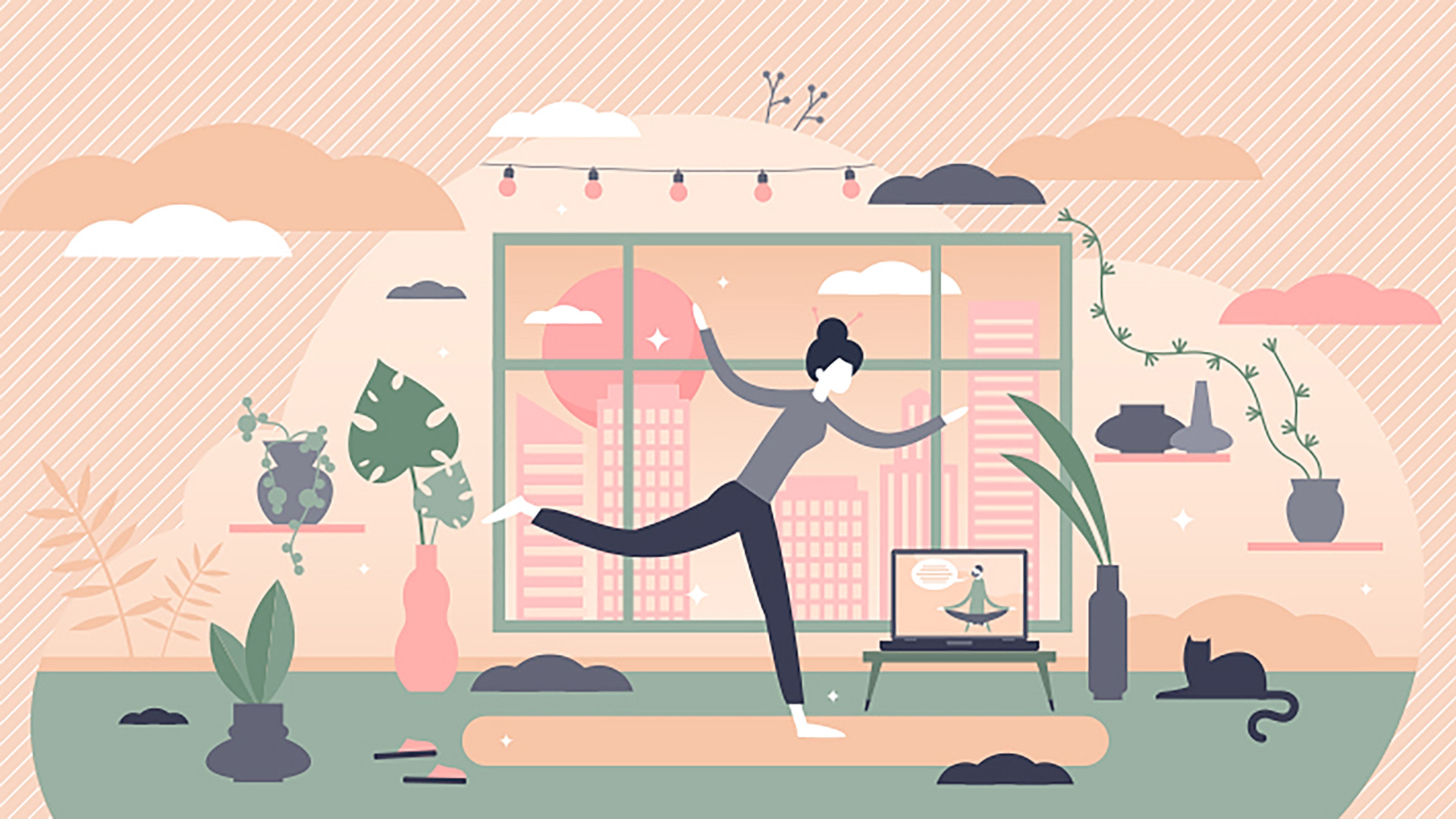
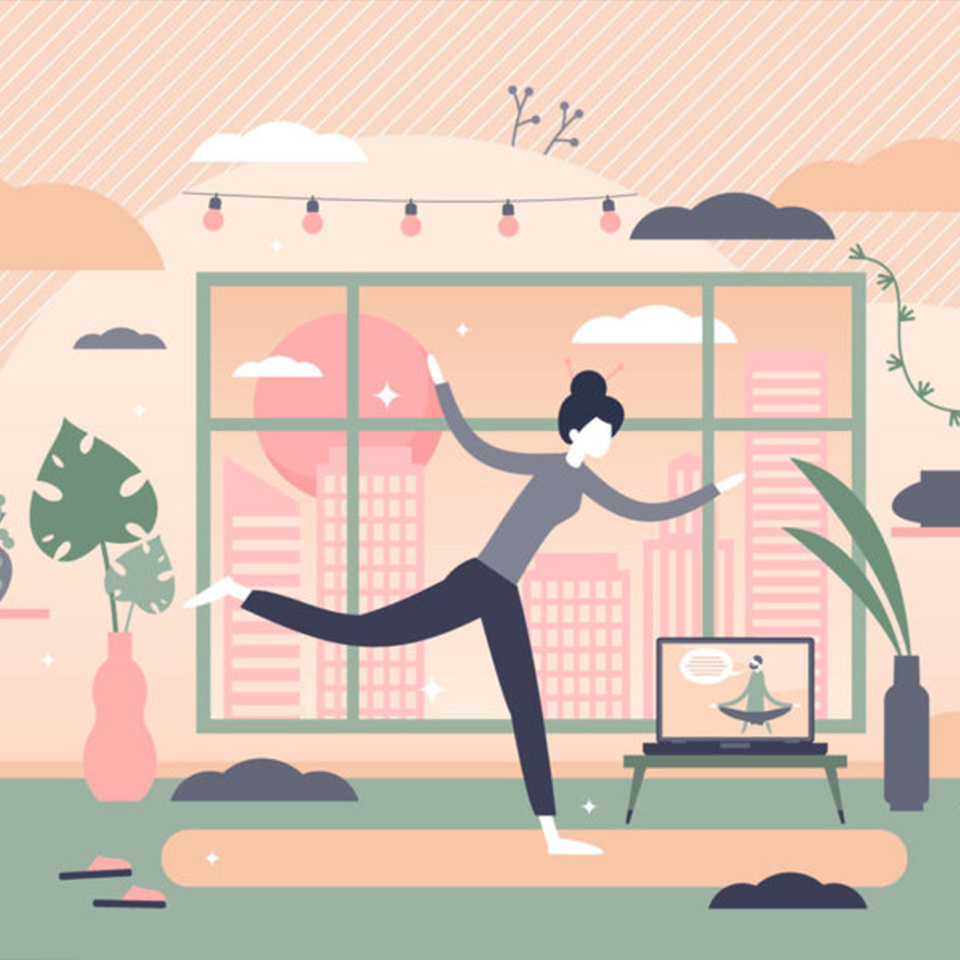


Self-medication refers to taking care of your own health, a phenomenon where people intensively invest in their health management and don’t shy away from spending on it. It includes maintaining healthy habits, eating right, as well as taking care of mental health with meditation and yoga, etc. In the past, those in their middle ages and older were interested in taking care of their health whereas nowadays even the younger generations are actively taking part in taking care of their health. According to the UnivTomorrow Research Laboratory for the Twenties’ research on 500 millennials, 86% of them said that they had experience in health management through exercise, diet, cutting back on drinking, quitting smoking, etc., and preferred sandwiches with vegetables to hamburgers or convenience store boxed meals. The reason why people of all ages have started to take interest in health management would be COVID-19, which emphasizes health management and hygiene in everyday lives. Here’s our take on a lifestyle transforming into that of self-medication.

It goes beyond a simple caring of your health; people are systematically living out self-medication. You can see this through the ‘routine’ related uploads on SNS that have been steadily surging since last year. They include various workout photos and healthy food photos. Routine refers to something you regularly do in order, but as more people started to introduce or certify their everyday life routines with this word, it came to mean something related to a healthy and regular lifestyle as well. Meditating for 10 minutes every day up at 7am, drinking 2L of water every day, taking lactobacillus on an empty stomach, and all things related to fostering a healthy everyday life make people feel a sense of achievement and foster a healthy everyday life as they repeat such routines and have made such routines a leisure trend.
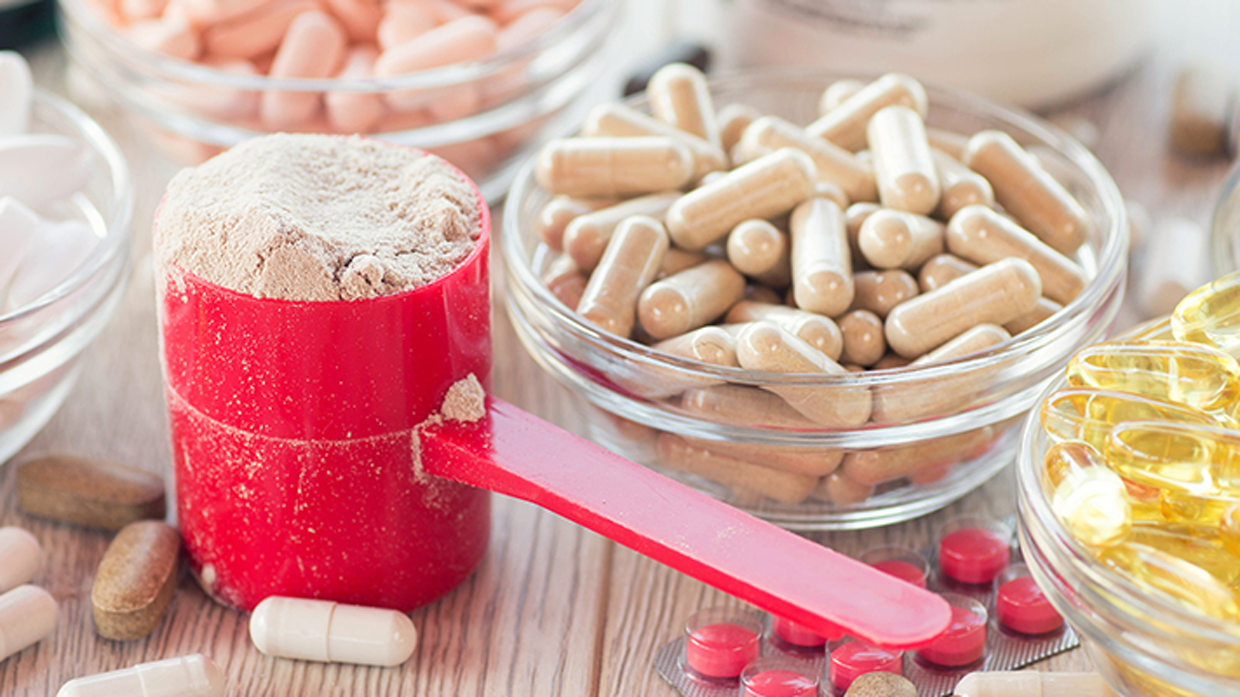
Routine related industries are also reaping the benefits. According to the results of the ‘2020 processed food consumer attitude research’ by the Ministry of Agriculture, Food and Rural Affairs, 79.9% of the households had health functional products, which is a 10% increase compared to the year before (69.8%). The market for protein products, necessary for muscle development and health management, also grew. Korea’s protein market, which was around 81.3 billion KRW in 2018, grew to be 257.9 billion KRW in scale last year.

As the pandemic caused a demand for home training to grow, the digital fitness market, which utilizes the latest technologies, is also growing. Offline fitness that requires you to be at a certain place at a certain time has been transforming into digital fitness, making use of smart gym equipment and real-time streaming service, etc. There are fascinating new products as well; an American fitness start-up has introduced an item that provides live streams/VODs of workout, yoga, Pilates, etc. on a huge display that looks like a full-size mirror while connecting you to professional fitness trainers. Apple launched their fitness subscription service last December and have been providing workout videos through iPhones, iPads, Apple TV, etc. Korean portal websites provide online physical therapy sessions and meditation guide contents to prevent COVID-19 blues.
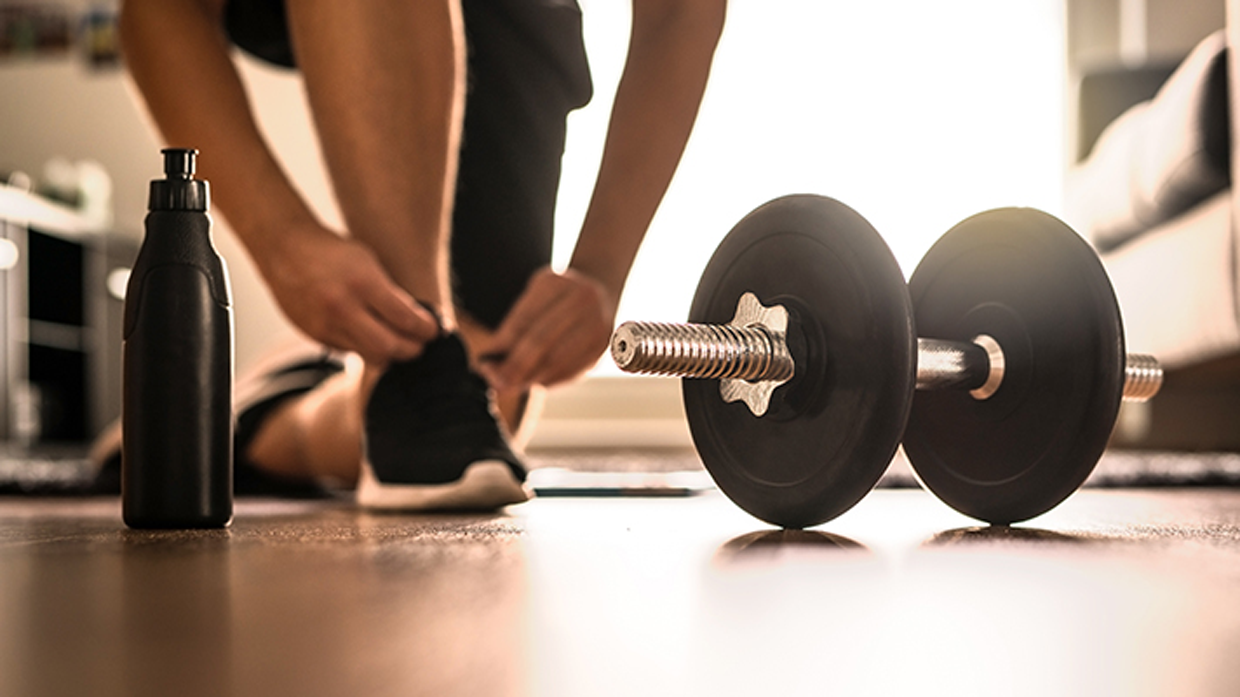
A demand for workout outfits and gym equipment, required for home training, has also increased. The analysis of Korean online fashion stores’ sales and rankings in the first half of the year showed that sportswear sales increased by about 500% compared to the previous year while online shopping malls showed a 117% increase in its workout equipment during last February and March, when COVID-19 aggressively started to spread. It has now become quite natural to work out from home rather than going to the gym.
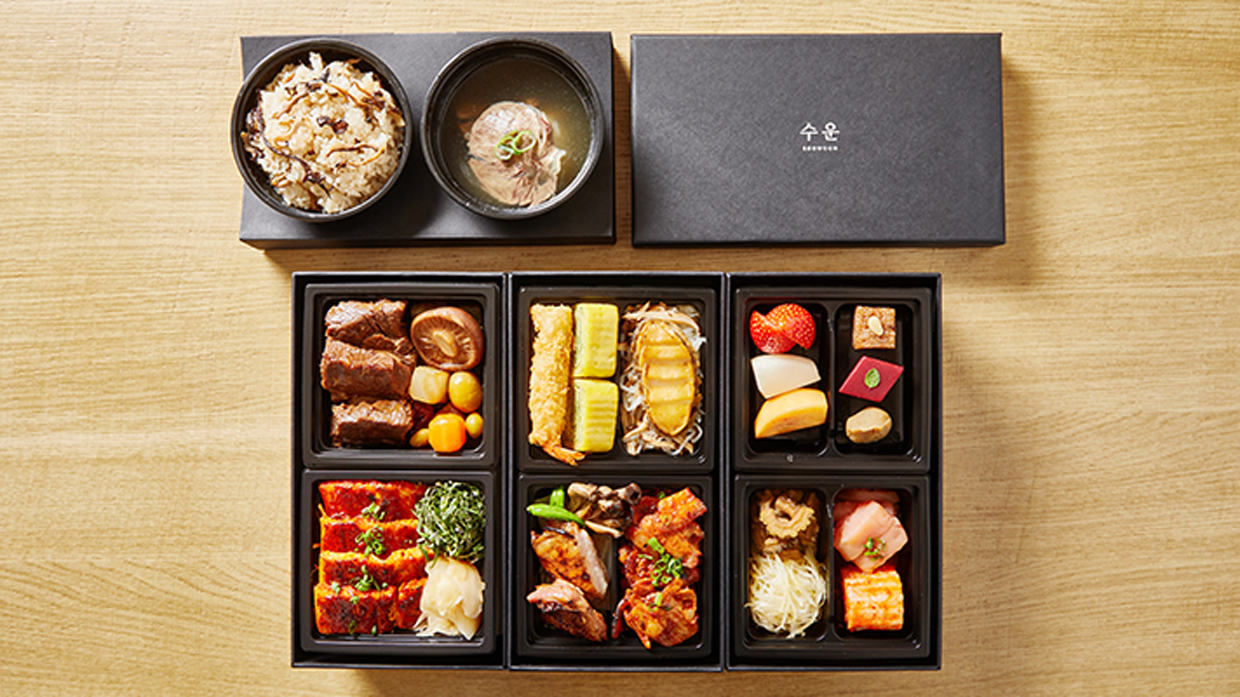
Self-medication is not limited to taking supplements and working out. It also includes eating safe and healthy food. Consumers with heightened awareness on health, immune, and eco-friendliness are now checking to see whether a product is safe before making the purchase and are investing greater time to understand the manufacturing process. In consideration of consumers’ tastes, food industry is also introducing premium products that satisfy the need for both taste and nutrients so that the consumers can experience fine dining at home as they would be at a high-end restaurant. A Korean department store has launched a premium food brand recently and sells meal kits made with products selected by food masters and researchers. Hotels are also launching their popular restaurant menus as RMR (Restaurant Meal Replacement, convenient restaurant menu) or premium boxed meals.
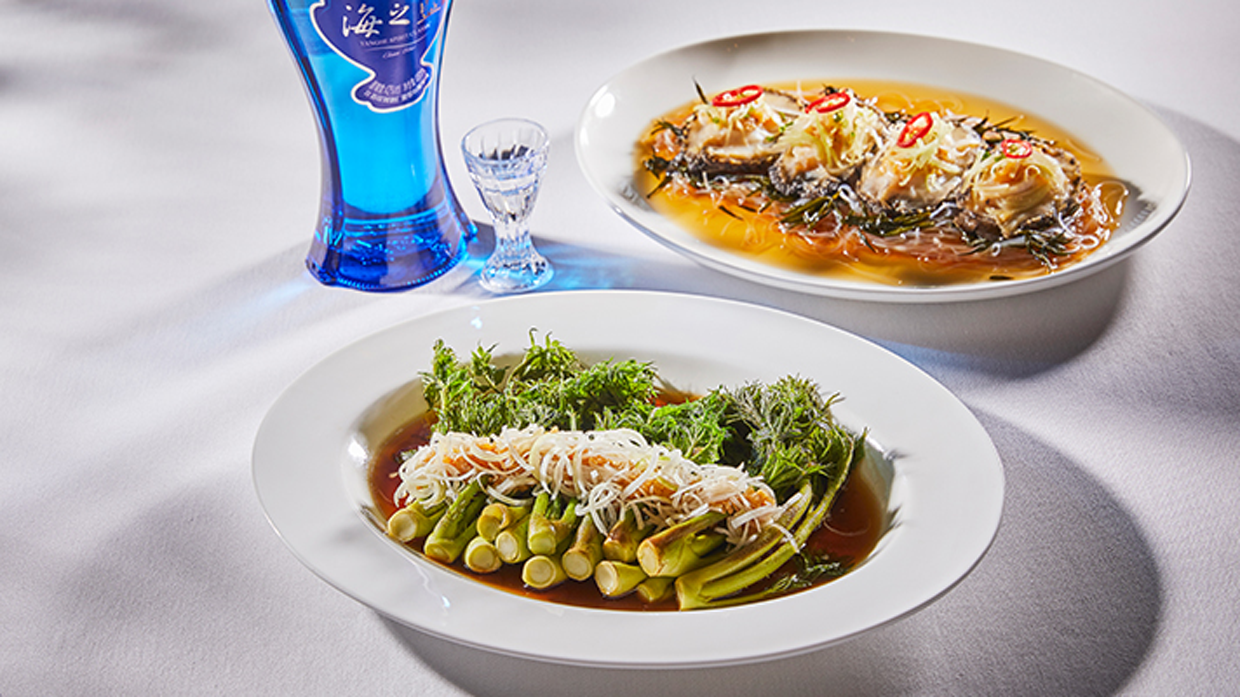
‘Soowoon,’ a high-end Korean restaurant operated in Seoul by Haevichi Hotel & Resort, developed a take-out only ‘premium health food boxed meal.’ It’s consisted of organic pine mushroom rice and 12 side dishes, which reminds one of 12-dish royal meals. It even includes 3 types of traditional dessert and seasonal fruit; you can enjoy a classy meal even during a untact situation. The Chinese restaurant ‘Jungsim’ is doing the ‘oil-free promotion’ under the concept of healthy Chinese food, which introduces Cantonese dishes that aren’t cooked in oil. No oil is involved in the cooking process, and fish soy sauce, which is relatively not so strong compared to other sauces, is used to season to bring out the flavor, taste, and texture of the raw ingredients. Haevichi Hotel & Resort Jeju also introduces the Charong boxed meal, made with traditional Jeju produce abalone, canola herbs, fusiformis, green tea, etc.
With the spread of self-medication trend, many changes are taking place in many aspects of our everyday lives. An increase in consumers’ interest in health and eco-friendliness makes one to expect that such interest in self-medication will continue to develop even when social distancing is alleviated and COVID-19 slows down. How about making a routine that fosters a healthy lifestyle? Fill your days with energy through small habits that you can keep every single day.


The Joy of Staying: Enjoying Summer at Haevichi Resort Jeju
2024.08.16 5min read